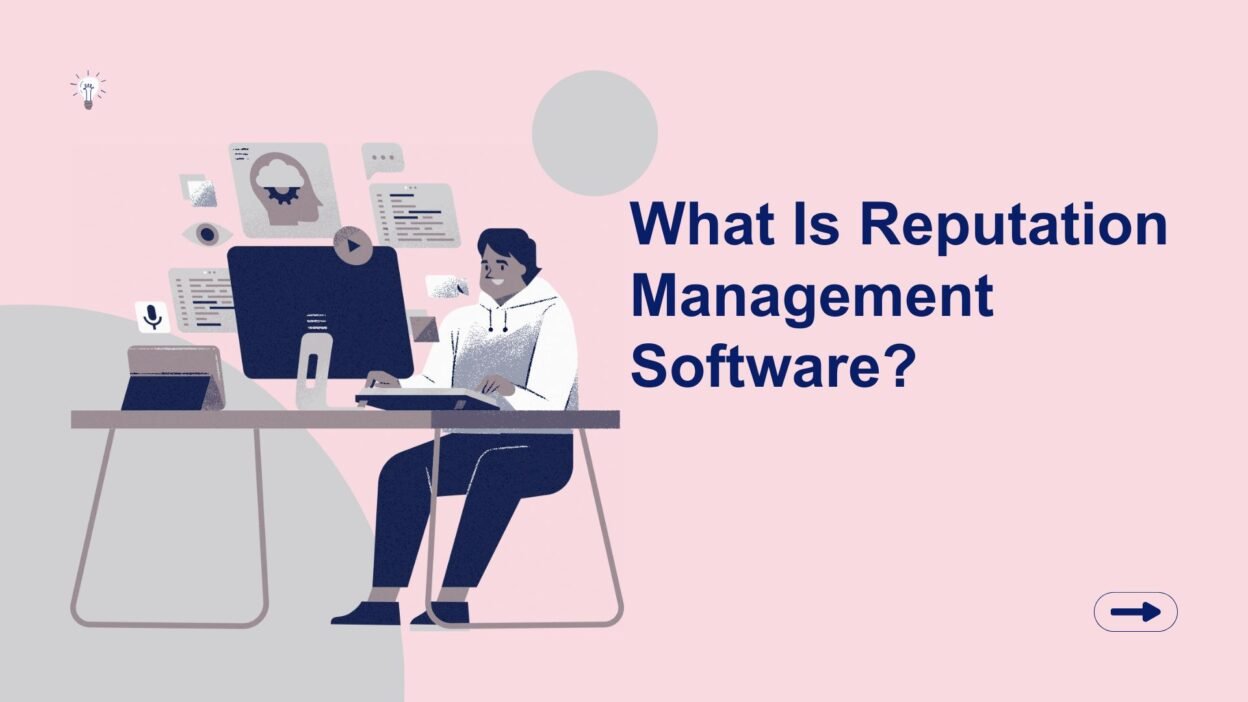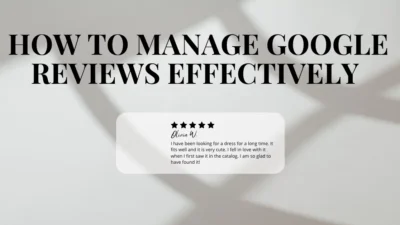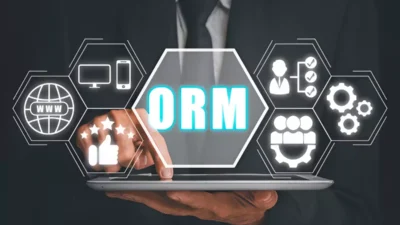Your reputation is everything. Whether you’re a small business owner, a marketing professional, or an enterprise leader, what people think about your brand impacts your bottom line in more ways than one. But in the digital age, managing your reputation isn’t as simple as responding to a bad review or putting out the occasional PR piece. That’s where reputation management software comes in.
This guide will break down the essentials of reputation management software, its features, and how it can benefit your business. Whether you’re new to reputation management or looking to upgrade your current strategy, this post will provide the insights you need.
Understanding Reputation Management Software
Reputation management software is a digital tool designed to monitor, analyze, and influence how your brand is perceived online. It aggregates data from various sources, such as social media, review sites, news outlets, and forums, to give you a comprehensive view of your public reputation. But it doesn’t just stop there. Modern platforms also offer tools to respond to reviews, track sentiment, and proactively improve how people view your brand.
Who Needs Reputation Management Software?
If you think only large corporations need reputation management, think again. Businesses of all sizes can benefit:
- Local Businesses: Restaurants, salons, or healthcare providers that rely on positive reviews to attract customers.
- E-commerce Brands: Online stores that frequently receive product reviews.
- Enterprises: Large corporations that need to monitor brand mentions across multiple online channels.
- Personal Brands: Entrepreneurs, influencers, and thought leaders who want to maintain a strong personal reputation.
If your business has an online footprint, reputation management software can make a significant difference.
Key Features of Reputation Management Software
Not all reputation management tools are created equal, but most include these essential features:
1. Review Management
Online reviews make or break consumer decisions. Reputation management software collects reviews from platforms like Google, Yelp, and Facebook in one dashboard. You can set up alerts for negative reviews, making it easy to respond quickly and resolve issues.
Example
A restaurant owner uses reputation management software to monitor Yelp reviews. When a negative review comes in, the owner is notified immediately, allowing them to address the issue and win back the customer’s trust.
2. Social Media Monitoring
Your brand is likely being talked about on social media platforms, whether you’re tagged in the posts or not. Reputation management tools scan platforms like Twitter, Instagram, and Facebook for brand mentions and relevant hashtags to keep you in the loop.
3. Sentiment Analysis
It’s not just about what people say but how they feel. Sentiment analysis uses AI to determine whether online chatter about your brand is positive, neutral, or negative. This gives you an at-a-glance understanding of public perception.
4. Competitor Insights
Staying competitive means keeping track of more than just your own reputation. Some platforms offer competitor analysis, helping you understand how your rivals are perceived and giving you ideas for improving your own strategy.
5. Reputation Reporting and Analytics
Reputation management software provides valuable insights into trends, review patterns, and areas for improvement. With detailed analytics, you can measure performance and see how your efforts are paying off over time.
6. Customer Feedback Tools
Some tools include features to send automated feedback requests to customers. This proactive outreach can help increase your pool of positive reviews and address any concerns early on.
Pro Tip
Always choose software that integrates easily with your existing CRM, social media accounts, or email marketing tools. Seamless integration ensures that managing your reputation becomes a natural part of your workflow instead of an extra task.
Benefits of Reputation Management Software
Integrating reputation management software into your business operations isn’t just a nice-to-have; it’s a necessity in today’s digitally driven world. Here’s how it adds value:
1. Build Trust with Your Audience
Customers trust reviews as much as personal recommendations. A well-maintained reputation helps establish credibility, making it easier to attract new customers and retain existing ones.
2. Improve Customer Experience
Reputation management tools allow you to identify pain points from customer feedback, whether it’s slow service at a restaurant or a buggy e-commerce checkout process. Addressing these issues shows customers that their opinions matter and improves their experience.
3. Gain a Competitive Advantage
With real-time insights into customer sentiment, emerging trends, and competitor activity, you’re always a step ahead. Knowledge is power, and this software empowers you to make informed decisions.
4. Boost SEO Performance
Reviews and online mentions significantly impact your search engine rankings. Businesses with more positive reviews are more likely to appear higher in local search results. Reputation management software can help you respond to reviews and encourage satisfied customers to leave feedback, improving your digital footprint.
5. Save Time with Automation
Managing your online reputation manually is time-consuming. Automated tools streamline tasks like responding to reviews or tracking brand mentions, allowing you to focus on other strategic priorities.
Examples of Popular Reputation Management Tools
To get started, here are some highly-regarded platforms to consider:
- ReviewTrackers: Specializes in review monitoring and aggregation.
- Birdeye: Combines review management with marketing tools.
- Hootsuite Insights: Offers excellent social media monitoring features.
- Reputation.com: A robust solution for large enterprises managing multiple locations.
- Google Business Profile: A free option that is essential for managing your Google reviews and local business presence.
Choosing the Right Software for Your Business
Selecting the best reputation management software comes down to your specific needs and budget. Consider the following factors:
- Scalability: Does it grow with your business?
- Ease of Use: Is the interface user-friendly for your team?
- Customer Support: Are there resources or agents available to help if you encounter issues?
- Cost: Does it fit your budget, considering the features you need?
Don’t hesitate to take advantage of free trials or demos to ensure a good fit.
Taking Control of Your Reputation
Your reputation can make or break your business. With so many digital tools available, there’s no excuse to leave it up to chance. Reputation management software provides the power to monitor, influence, and protect your brand’s image with minimal effort. Whether you’re looking to win over skeptical customers, build trust with your audience, or stay steps ahead of your competitors, reputation management software is an essential asset.
Want to learn more? Explore free trials for reputation management software or consult with experts to find the best solution for your business. Start taking control of how the world sees your brand today.
Learn more about:





